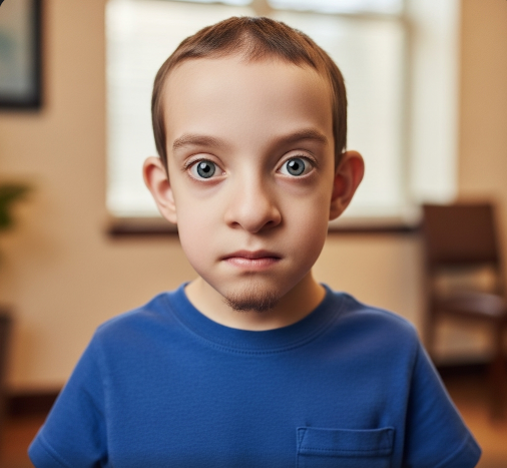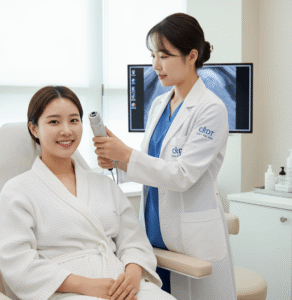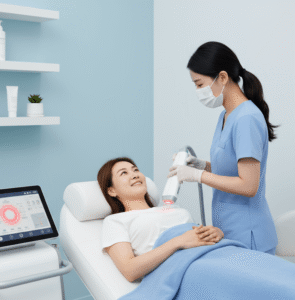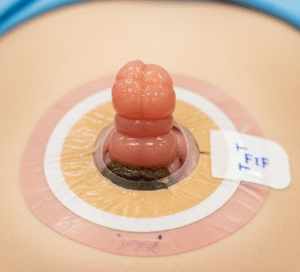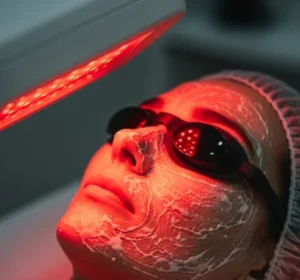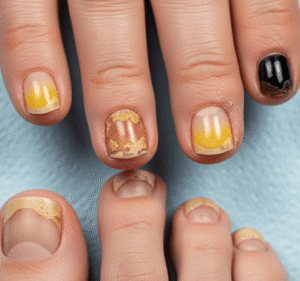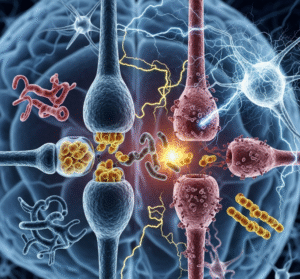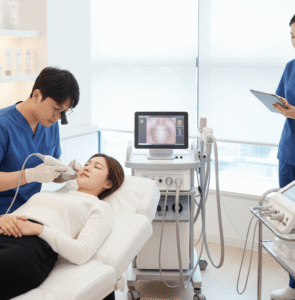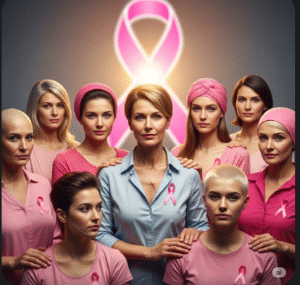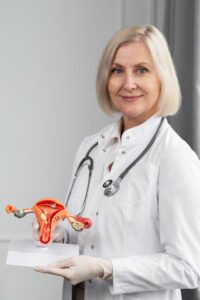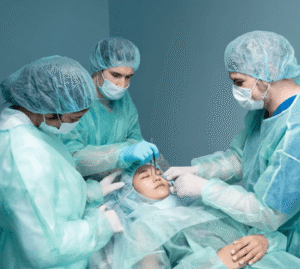Overview
Robinow Syndrome is a rare genetic disorder characterized by distinctive facial features, skeletal abnormalities, and short stature. It affects bone development and can lead to various physical and developmental challenges. In Korea, specialized genetic and pediatric clinics provide accurate diagnosis, genetic counseling, and multidisciplinary care for individuals with Robinow Syndrome.
What is Robinow Syndrome?
Robinow Syndrome is a congenital condition caused by mutations in genes involved in skeletal development. It results in distinctive facial characteristics often described as “fetal face,” along with limb shortening and vertebral abnormalities. The syndrome can be inherited in either an autosomal dominant or recessive pattern.
Symptoms
- Distinctive facial features including a broad, flat nose, wide-set eyes, and a prominent forehead
- Short stature and shortened limbs (mesomelic shortening)
- Vertebral segmentation defects leading to spinal abnormalities
- Genital abnormalities in males (micropenis or hypospadias)
- Dental abnormalities and delayed tooth eruption
- Possible developmental delays or intellectual disability (more common in recessive form)
Causes
- Genetic mutations affecting skeletal development genes such as ROR2 (recessive form) or WNT5A (dominant form)
- Inherited in autosomal dominant or recessive patterns depending on the gene involved
Risk Factors
- Family history of Robinow Syndrome or related genetic conditions
- Consanguinity increases risk for recessive forms
Complications
- Skeletal deformities affecting mobility and posture
- Genital abnormalities impacting reproductive health
- Dental issues requiring orthodontic care
- Potential developmental delays or learning difficulties
Prevention
- Genetic counseling for at-risk families
- Prenatal genetic testing when indicated
- Early intervention and monitoring for associated complications
Treatment Options in Korea
Korean pediatric and genetic clinics offer comprehensive care for Robinow Syndrome:
- Multidisciplinary Management: Coordination between genetics, orthopedics, endocrinology, dentistry, and developmental specialists.
- Orthopedic Care: Treatment of skeletal abnormalities through physical therapy, bracing, or surgery if necessary.
- Genital and Urologic Care: Surgical and medical management of genital malformations.
- Dental Care: Regular dental monitoring and interventions.
- Developmental Support: Early childhood interventions, speech therapy, and educational support for developmental delays.
- Genetic Counseling: Family education about inheritance patterns and recurrence risks.

